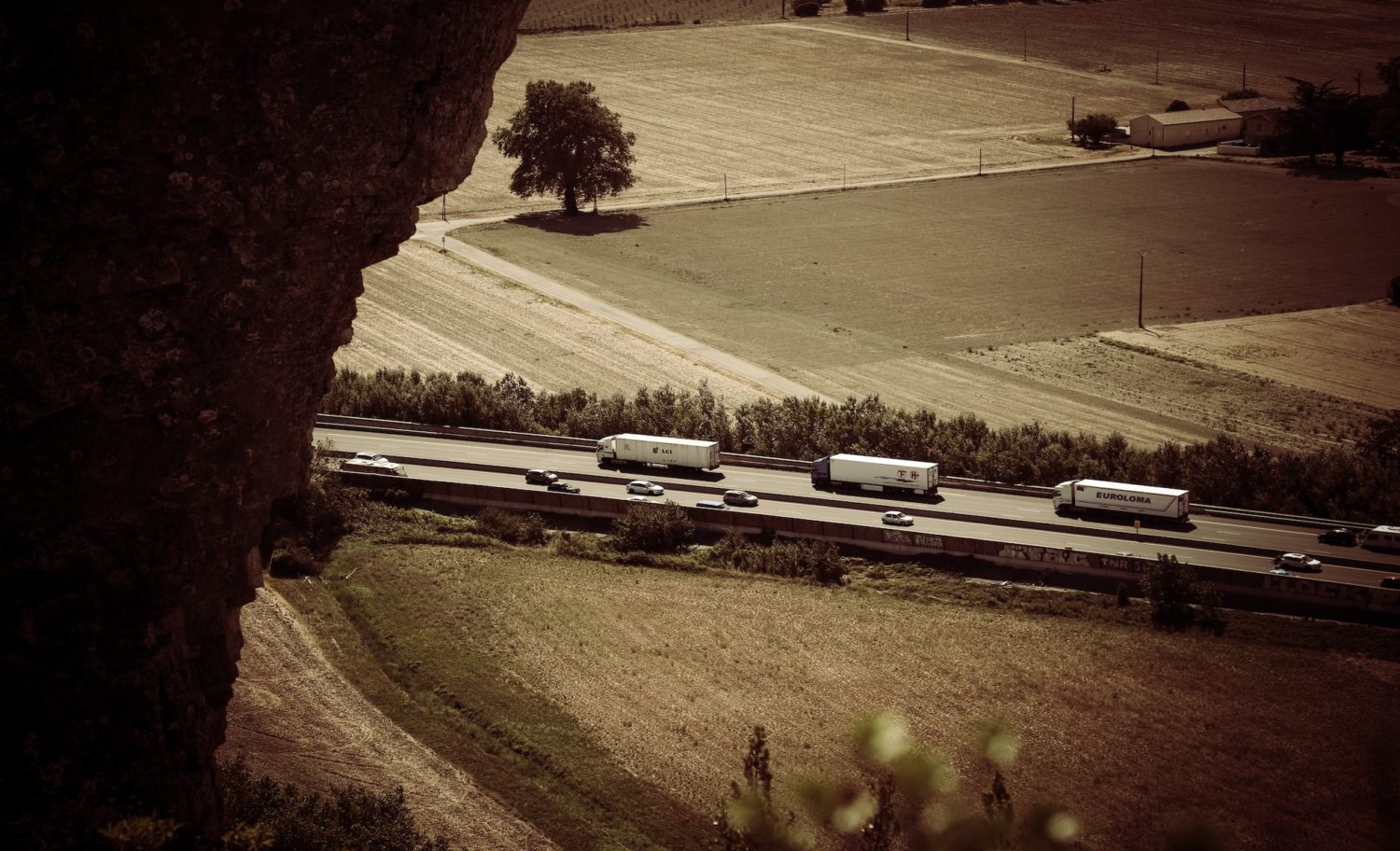Rebuilding bridges
A better relationship with Europe is possible, writes Hilary Benn MP
We are only just beginning to see the true consequences of Brexit.
Businesses, and in particular SMEs, are having to cope with costs, bureaucracy and pointless form filling. According to the National Audit Office, this has amounted to an extraordinary 48 million customs declarations and 140,000 export health certificates since the UK left the single market and the customs union.
As a result, trying to export to our biggest market on the other side of the Channel is now more difficult. Exports of food and drink – one of our great British success stories – fell sharply in the first half of this year compared to the same period before Covid-19. And while the government has imposed all these burdens on British businesses, it has not even begun to do checks on goods exported from the EU to the UK.
Artists and performers are furious that their ability to tour in Europe has been made much more difficult, if not impossible, by visas, costs, carnets and trucking rules.
And we are all familiar with the shortages of some goods on our shelves and the problems of not enough lorry drivers and fruit and vegetable pickers.
In its recent report the Office for Budget Responsibility said that leaving the EU would reduce our long run GDP by around 4 per cent – a bigger impact than the pandemic.
And as for the promises that we would make up for these losses by negotiating new trade deals with other countries, it seems pretty clear that the United States is in no hurry to make one. Most of the other deals have simply rolled over the benefits that we already enjoyed as members of the EU. And in the case of Australia and New Zealand, ministers appear to have given a lot away for very little in return, simply so that they could wave a piece of paper in the air.
If this wasn’t trouble enough, the government is now engaged in a fight with the EU over the Northern Ireland protocol which was negotiated, signed and praised at the time by the prime minister, only for him apparently to discover later on that he did not like it. If the government does go ahead and rip up the protocol, then there is a risk that the EU will retaliate by imposing tariffs on some of our exports or by threatening to suspend the whole trade and cooperation agreement. This would be highly damaging to the UK economy.
As for checks on goods moving from Great Britain to Northern Ireland, the EU has eventually understood that saying ‘the rules are the rules’ showed insufficient appreciation of the practical impact the checks were having or of the political consequences in Northern Ireland.
If there were political goodwill on both sides then it would be perfectly possible to reach an agreement, but the prime minister is more interested in a punch-up with the European Union. He thinks it is politically advantageous even though it is actually undermining peace and stability in Northern Ireland.
Relations between the two sides are now pretty poor, and there is a profound lack of trust in the UK government and its word. This is not only damaging our relations with the EU but our reputation worldwide.
This all demonstrates that the aftershocks of Brexit have not finished, and it will be some time before the EU and the UK can start to address what kind of future economic relationship we wish to have with each other.
So where should Labour put its energy and effort? I do not think we should fight the next election on a commitment to rejoin the European Union or the single market and the customs union. Apart from anything else, any such decision would require another referendum and there is no political appetite for that whatsoever.
Instead, we should be highlighting the adverse economic consequences of the Brexit deal for many different parts of the economy and calling on the government to find a way of reducing or removing them.
We need to start thinking about what a new, but different, relationship with the EU could look like. There are plenty of models around – like EFTA and the agreements with Switzerland and Ukraine – which could be adapted to our particular circumstances. We could reach a veterinary arrangement. We could do a deal to allow UK performing artists to travel across the EU and EU artists to come here to the UK. And we could agree more digital customs clearance procedures to lessen costs and paperwork.
I believe it will be possible, in the right political circumstances, to reach an agreement on closer economic ties with Europe, building them bit by bit. It is in our mutual interest to do so, but for that to happen we will first need a Labour government.
Image credit: Jametlene Reskp on Unsplash

